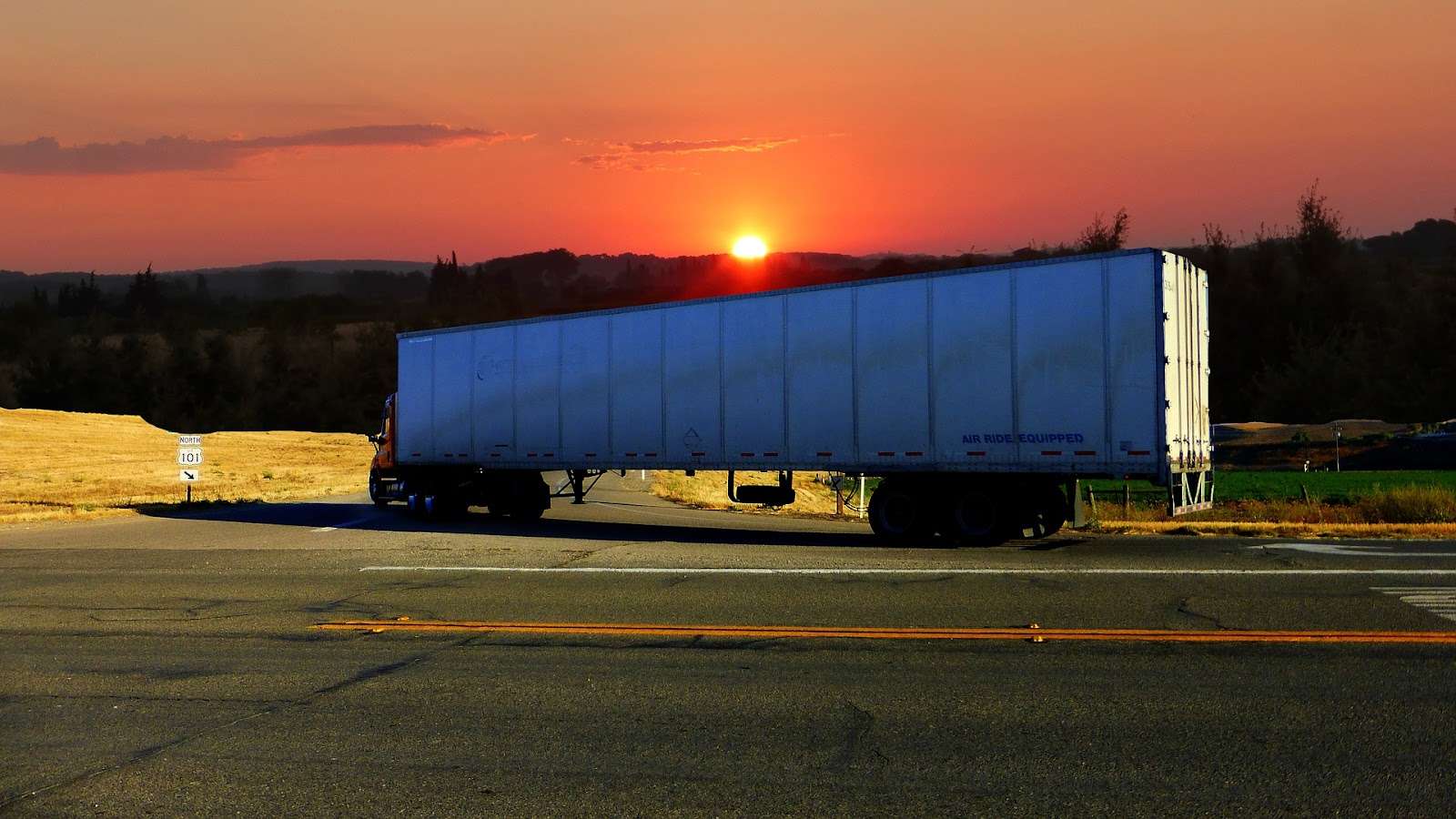Some of the products on this page come from partners who may compensate us when you click on their links or take specific actions. This helps us keep our content free. That said, our opinions are our own and based on independent analysis.
Insurance is one of the most important elements in every business including trucking and logistics businesses. Businesses rely on certain coverage to protect their assets and keep things running smoothly.
Trailer interchange insurance is one of the main coverages, which covers for a loss of a trailer which a trucking company does not own, but has used under a specific agreement with the owner.
This article discusses the various aspects of trailer interchange coverage including its importance, various coverage, the cost of the coverage, and the best insurance providers
What Is Trailer Interchange Coverage?
Trailer interchange coverage is an insurance category primarily created for trucking firms that operate using trailers owned by third parties.
It offers protection against possible physical loss or damage to such non-owned trailers while they are in the possession of the insured under a contractual trailer interchange agreement.
Key Features of Trailer Interchange Coverage
Protection Against Physical Damage: This insurance applies to damages that may be caused to the trailer even when it is not being used with a tractor. This cover is applicable to the trailer while in transit.
- Contractual Requirement: There must be a trailer interchange agreement for this coverage to apply. The trailer interchange agreement spells out the terms concerning liability, maintenance, insurance, or any other custody of the trailer while it is being used.
- Risk Management: By employing trailer interchange coverage, disputes over damages are lowered as the parties’ liabilities and responsibilities have been clearly defined in the coverage allowing compliance with industry standards.
What Does Trailer Interchange Insurance Cover?
Typically, trailer interchange insurance provides coverage for various perils associated with non-owned trailers while in the custody of a hauling company. The major components of these coverage’s include:
- Collision Damage: Damages resulting due to collisions with third party vehicles or structures.
- Comprehensive Coverage: Coverage which protects against incidence other than collision such as fire, theft, vandalism, and natural disaster.
- Vandalism and Theft: Protection for specified acts of vandalism and theft of the trailer during the time while under care
- Physical Damage During Loading/Unloading: Damages incurred during loading or unloading shall be compensated.
This type of insurance does not provide protection for the cargo being transported; a different insurance for cargo is necessary for that.
Free Trailer Interchange Agreement Example
A trailer interchange agreement is an official form of written agreement drawn between two parties. They specify the conditions under which one of the parties is allowed to utilize a trailer of the other party.
Here is a simplified example of what this type of contract may incorporate:
Trailer Interchange Agreement
Parties Involved:
- Carrier: [Carrier Name]
- User: [User Name]
Other Terms And Conditions
In this case “Equipment” referrers to any trailers which are either owned or hired by the Carrier
Responsibilities:
The User agrees to take over the Equipment`s up to date condition before being used. The User agrees to pay for any damages which will arise while the Equipment is in his/her possession.
Insurance Requirements:
The User shall always have an active trailer interchange insurance that conforms to the damages that come with the Equipment while in use.
Duration:
This agreement shall remain effective until either party gives notice of termination to the other party with the prior notice of [number] days. This is a basic template; actual agreements will look different for the most case.
Trailer Interchange Insurance Cost
The costs of insuring trailer interchange can be influenced by several various factor which include;
- Coverage Limits: Some companies may offer standard limits ranging from $20000 to $30000. Sometimes, coverage can exceed this limit if the circumstances warrant higher coverage.
- Deductibles: For Trailer interchange insurance, the deductible can range approximately between $1000 and $2500 dollars.
- Other business components: Costs may equally be affected by;
- Loss history
- Location
- Equipment Type & value
- Driving records
However, businesses may pay from $100 and $1,500 annually for trailer interchange coverage pending on outlined business conditions.
Get all the best quotes from leading providers in a click of a button!
Review of Trailer Interchange Insurance Companies
1.Progressive Commercial Insurance
Progressive provides coverage for businesses, especially those in the trucking industry that includes but is not limited to Trailer Interchange Insurance.
Pros
- Competitive Rates: they can offer very competitive prices when compared to other companies
- Tailored Coverage: They offer several coverage options against many risks which are created solely for trucking businesses and among them is trailer interchange insurance.
- Favorable Financial Ratings: A.M. Best classifies Progressive as possessing an A+
- Quick Quotes: their website is so easy to use therefore customers are able to quote prices rapidly.
Cons
- The different discounts and coverage options can confuse customers particularly the first time users of commercial insurances.
Ratings:4.3
The Hartford
The Hartford has been around for quite some time and offers various types of commercial truck insurance that also includes Trailer Interchange Coverage.
Pros:
- Expertise in Small Business Insurance: Hartford has well-designed policies for nicely different sectors.
- Various Coverage Types: They have business owner policies (BOP) and endorsements for trailer interchange coverage on different trailers.
- Financial Strength: This firm is also A+ by A.M. Best which points to great financial strength.
Cons:
- Although many clients are satisfied, there are a number of complaints regarding commercial liability and property policy.
Ratings:4.7
Nationwide Insurance
They also provide other business related insurance services including Trailer Interchange Insurance that is specific for the trucking business.
Pros:
- –Tailor-Fit Coverage: The business insurance policies provided and devised by Nationwide can be modified to fit the needs of the businesses.
- Strong Financial Ratings: As other major players, Nationwide possesses A.M. Best rating, A+.
- –They offer extensive Coverage policies
Cons:
- There is a mix up of complaints from customers regarding their customer services while processing of claims.
Ratings:4.4/5
State Farm
State Farm has been named to be among the biggest insurers within the states and they provide a variety of other commercial insurance services such as the Trailer Interchange Coverage.
Pros:
- They offer Multiple Coverage Choices:
- They have a Strong Network of Local Agents
- Good Financial Strength Ratings
Cons:
– Frustration over Consistent Online Experience: Some customers of State Farm have problems when the quoting focuses online and the policy
Ratings:4.3/5
Allstate
It is a great force on the insurance field, having an impressive offer of different commercial coverage including the Trailer Interchange Insurance.
Pros:
- Exceptional Customer Service: They are strong in customer service and independence operators and small fleets have their support.
- Needs-Based Solutions Available: Small trucking businesses will appreciate their unique trucking insurance solutions.
- High Financial Strength Ratings: A.M. Best gives Allstate high financial strength ratings as well.
Cons:
- Higher Price Tags Most Coverage Options:
Ratings:4.1/5








